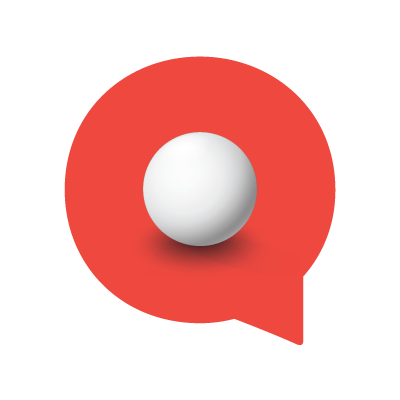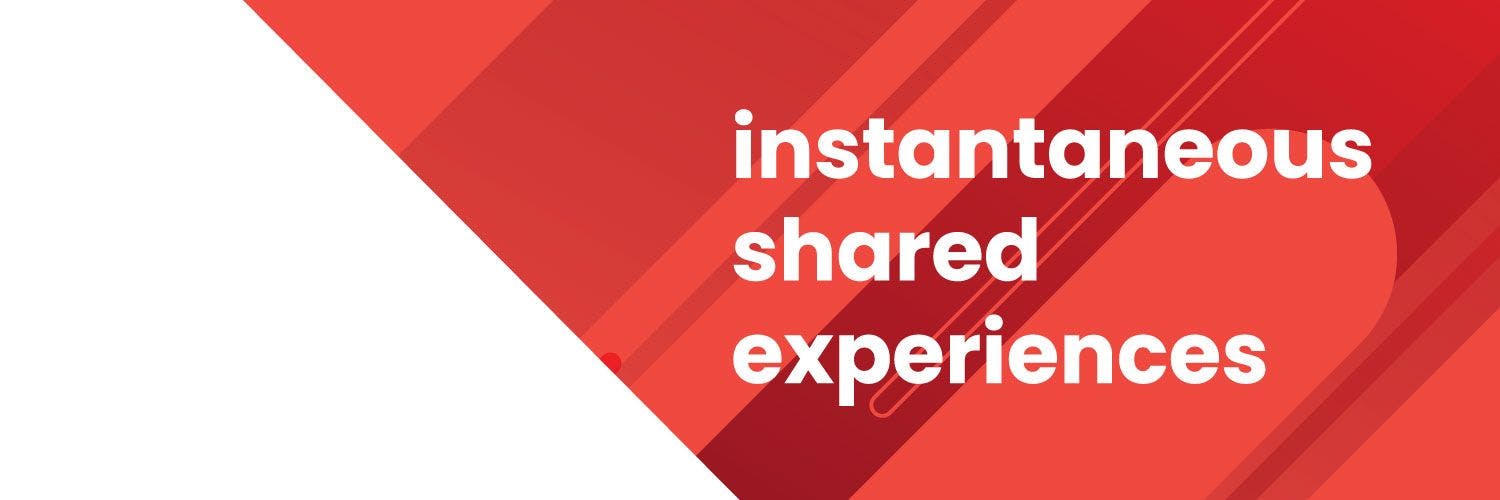212 reads
Startup Interview with David A. Smith, Founder & CTO, and John Payne, CEO of Croquet
by
September 4th, 2021
Audio Presented by

Croquet is the easiest & most powerful way for developers to create instantaneous shared experiences.
About Author
Croquet is the easiest & most powerful way for developers to create instantaneous shared experiences.
